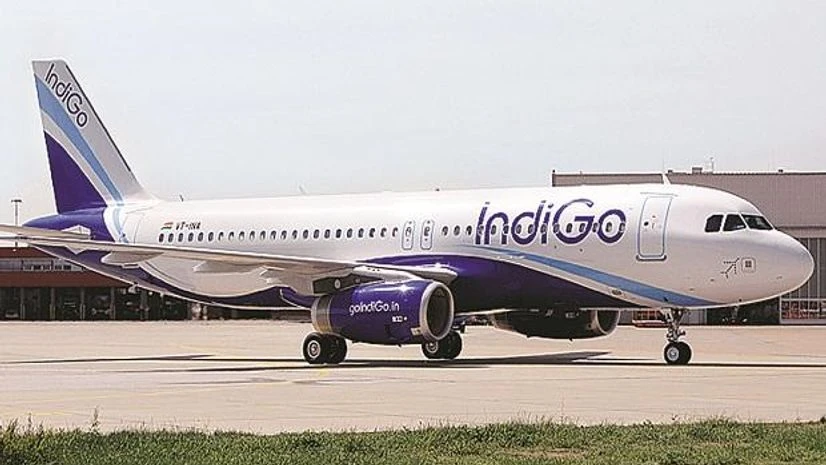Pursuing aggressive expansion plans, low-cost carrier IndiGo is actively considering operating wide-body planes with business class seats for long haul routes like London and Tokyo, a senior official said on Thursday.
IndiGo CEO Ronojoy Dutta said the airline might also look at Boeing planes for long haul flights, those that are more than nine hours duration.
The airline, which started 11 new destinations in the last one year starting from October, recently placed a firm order for 300 aircraft from Airbus 320 neo family. Currently, it has a fleet of around 245 planes.
"We are studying about wide body (planes) but we have not made a decision. It is not imminent but it is on the drawing table... We are studying it actively," he told PTI in an interview.
As the airline goes into wide-body planes, he said it could look at Boeing or Airbus.
Also Read
IndiGo's latest order with Airbus comprises A320neos, A321neos and A321XLRs. Now, the carrier's total number of A320neo family aircraft order now stands at 730.
"In the last 12 months, from October to October, we grew our international operations 115 per cent... 11 new destinations. Clearly, international (operations) is very strong and we continue to grow. In the future, half the capacity will be domestic and half the capacity will be international. So, international is a big focus for us," Dutta said.
According to him, A320 and 321 planes have a range like six-and-a-half hours and is for destinations such as Istanbul and Hong Kong.
"Now, we have ordered XLR aircraft which can go up to nine hours. So, you can expect destinations like Seoul, Amsterdam, Bali, all that falls in the nine-hour range. You can expect us to go there when the XLR comes in. That is 2024.
"Then there is the question about wide-body planes going to London because XLR won't take us to London. We are looking at what we need for beyond nine hours like Tokyo and London," he said.
Noting that the airline is short of planes, Dutta said it would have announced a few more international flights in December but there is delay in deliveries from Airbus. "They are coming in February and March. So, we expect to announce more destinations then," he added.
Wide-body planes have around 350 seats and flying that many people with that much fuel burn is a risky proposition, he said, adding that there has to be a cautious approach in this regard.
"If we look at a Mumbai-London, we cannot fly all economy class and we need to have business class. So, when we do business class, we have to fill it. Unfortunately, a large part of demand for business class traffic in India comes from outside India. It comes from the US, the UK and so on. That is a challenge.
"Then, we have to fill up 350 seats and we have to do a lot of collecting traffic from Mumbai or Delhi. These are the two issues we are wrestling with. Let's not jump into it. Let's plan it methodically," the IndiGo CEO said.
Further, Dutta said if it operates wide-body planes to London, then those would have business class seats.
Regarding issues with Pratt & Whitney engines, Dutta said there has been a long term decline in incidents.
Aviation regulator DGCA has asked IndiGo to have at least one LPT (lower pressure turbine) 3 modified engine on A320 neo planes that have one unmodified engines, which have flown more than 2,900 hours by November 19. Besides, the airline has been directed to have both engines with LPT 3 modifications in these aircraft by January 31, 2020.
"By November 19, we have to repair the engines. We are pretty confident of getting that and that is not an issue. The second one (January 31 deadline) is more challenging... both P&W and Airbus are working furiously with us to make it happen but we need to see how it develops," he said.
When asked if the airline would seek a deadline extension, Dutta said that at this point, it was just trying to meet the deadline.
Currently, IndiGo has 98 A320 neo aircraft in its fleet.
IndiGo also planning to have more code share agreements. At present, it has such pacts with Turkish Airlines and Qatar Airways.
Code sharing allows an airline to book its passengers on its partner carriers and provide seamless travel to destinations where it has no presence.
"We will do more code shares. The idea is wherever we have a lot of flights, we want to do a code share to get traffic into that city... we could do code share in multiple cities with multiple airlines. And we working on that," Dutta noted.

)
